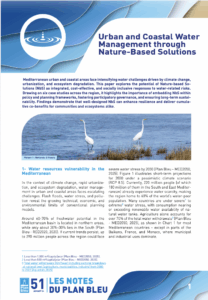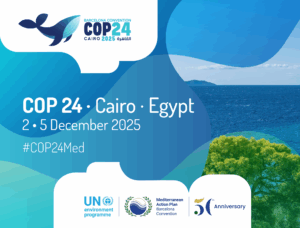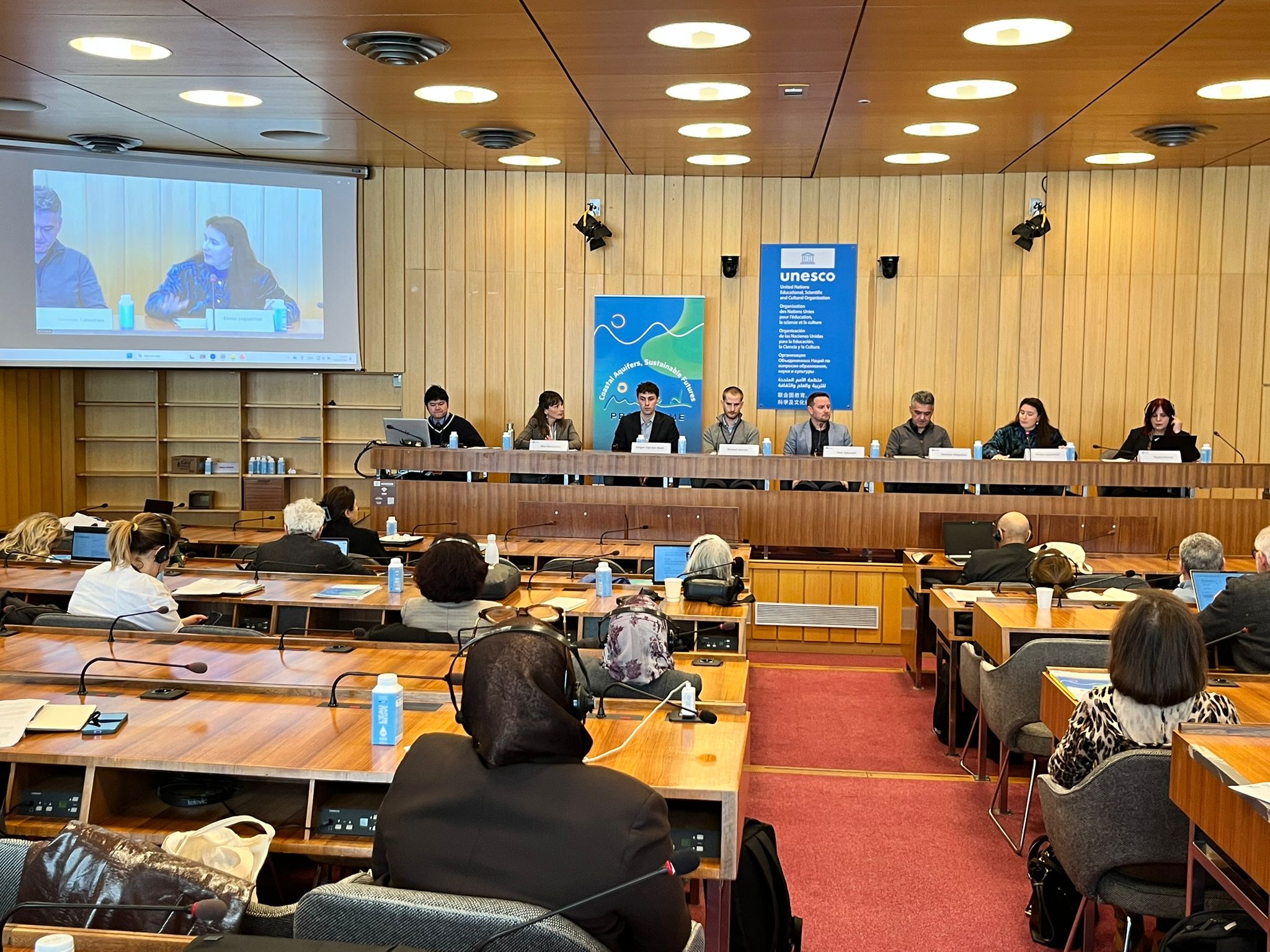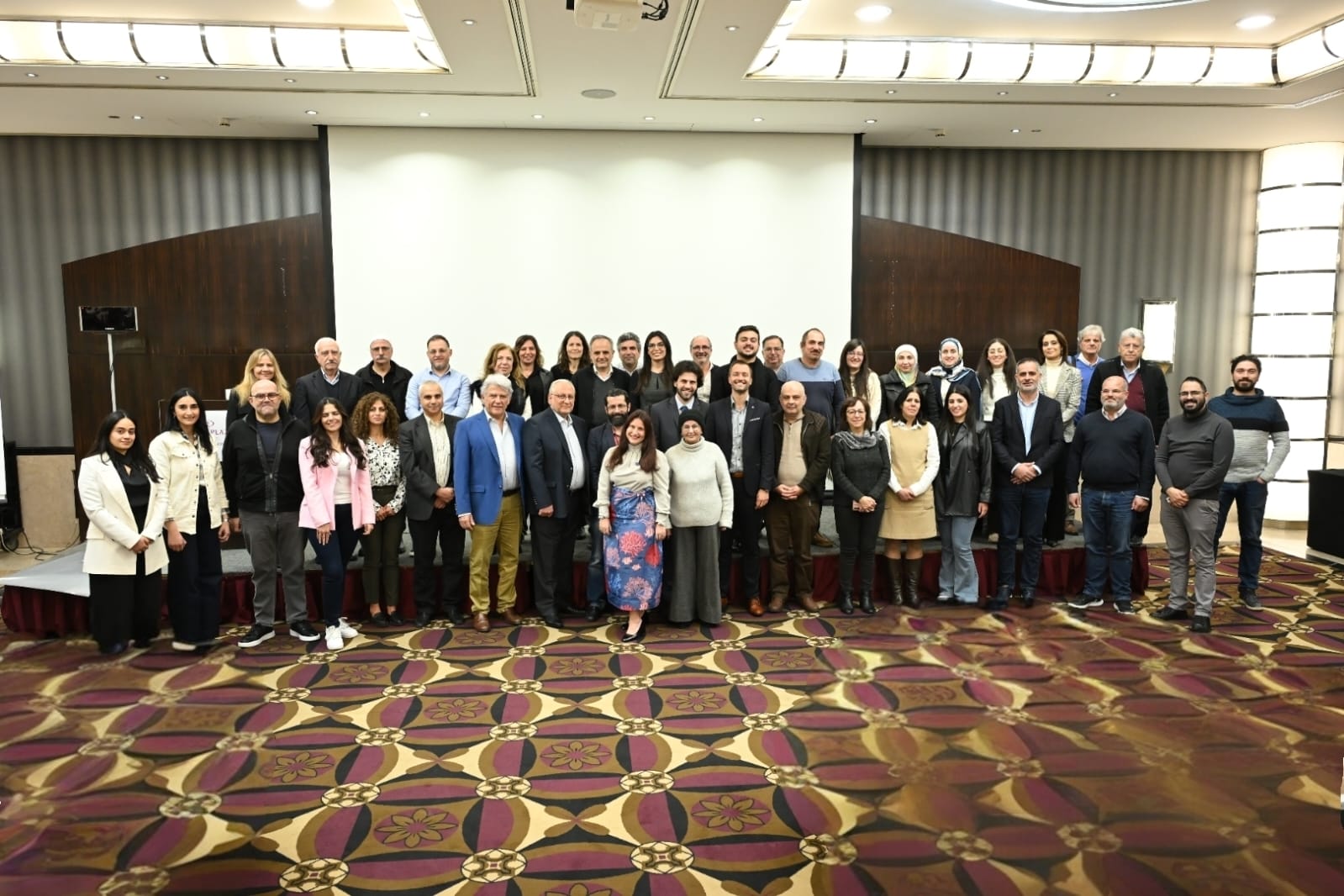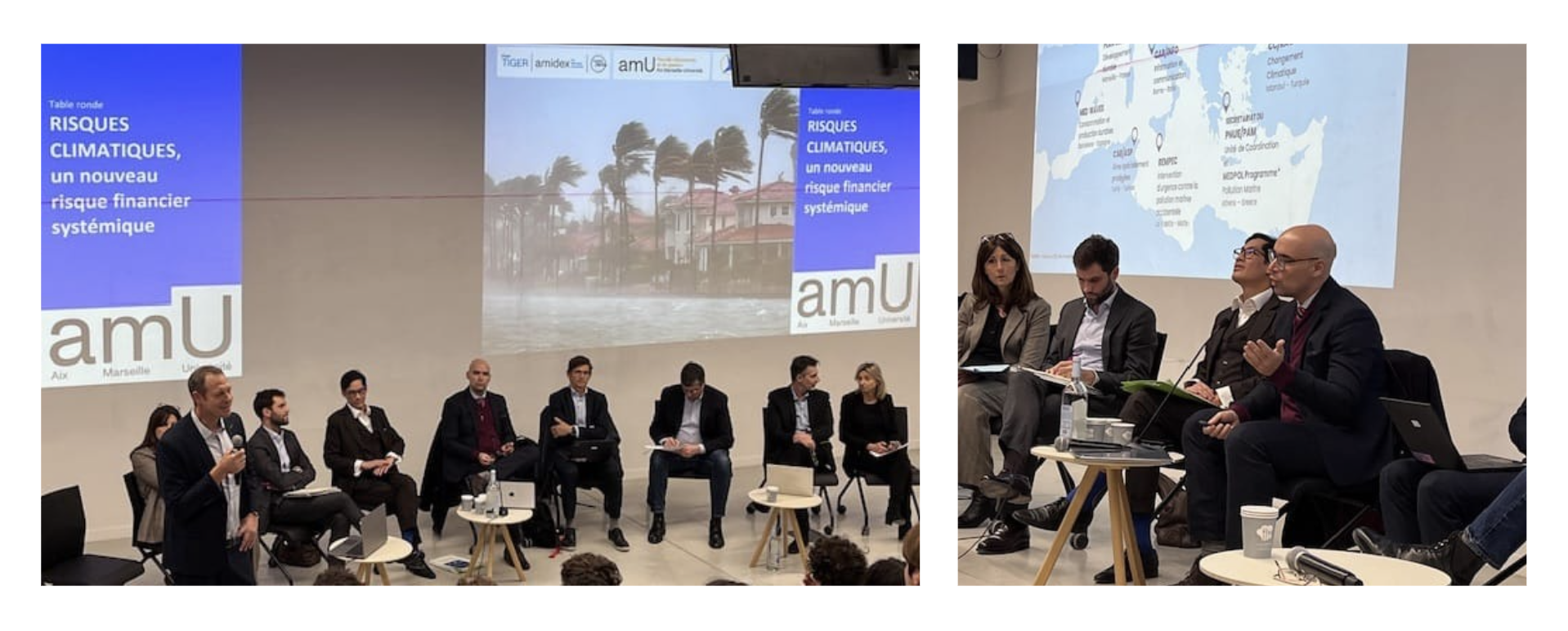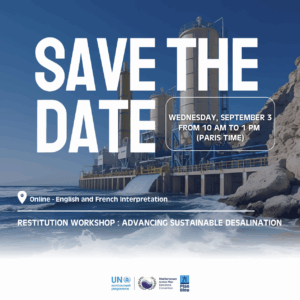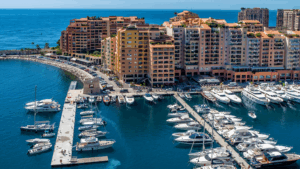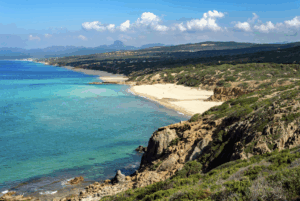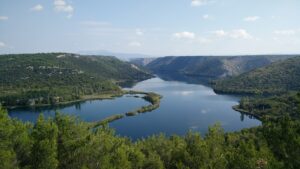
- Plan Bleu
Plan Bleu's missions
Make the Mediterranean a cooperation area for sustainable development
- themes
- projects
- Ressources
- publications
Last publications
- Events
In the news
Last events
- Plan Bleu
Plan Bleu's missions
Make the Mediterranean a cooperation area for sustainable development

Providing socioeconomics insights for the appropriate management of Mediterranean resources

Facilitate a science – political and civil society interface

Supporting the transition towards a green and blue economy

Design possible futures for sustainable development

Observer of the environment and development to inform governments and the general public
- themes
- projects
- Ressources
- publications
Last publications
- Events
In the news
Last events

Who we are
Plan Bleu: making the Mediterranean a space for cooperation towards sustainable development
For more than 40 years, Plan Bleu has been producing studies and future scenarios to raise awareness among Mediterranean stakeholders and decision-makers about the region’s environmental and sustainable development issues.
Our missions

Providing socioeconomics insights for the appropriate management of Mediterranean resources

Facilitate a science – political and civil society interface

Supporting the transition towards a green and blue economy

Design possible futures for sustainable development

Observer of the environment and development to inform governments and the general public
News
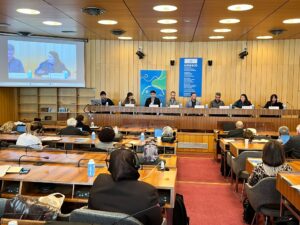
Plan Bleu at the UNESCO International Symposium “Coastal Aquifers, Sustainable Futures”
On 10 and 11 February 2026, UNESCO Headquarters in Paris hosted the International Symposium “Coastal Aquifers, Sustainable Futures”, dedicated to the future of coastal aquifers in the face of climate and anthropogenic pressures. On this
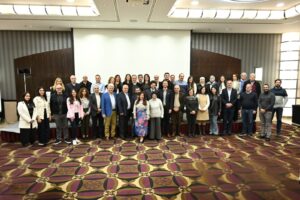
Strengthening Integrated Coastal Zone Management in Lebanon: Highlights from the 3rd Multi-Stakeholder Consultation in Beirut
From 3 to 5 February 2026, Plan Bleu organized the 3rd multi-stakeholder consultation in Beirut, Lebanon, dedicated to Integrated Coastal Zone Management (ICZM) and the Damour area, within the framework of the MedProgramme.The meeting aimed
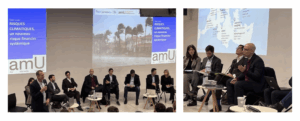
The Blue Plan at the Aix-Marseille Roundtable on Climate Risks as a New Systemic Financial Risk
On January 28, 2026, the Chief Economist of the Blue Plan, Dr. Constantin Tsakas, participated in a high-level roundtable organized by the Aix-Marseille School of Economics (AMSE) on the theme “Climate Risks: A New Systemic
In the news
Last publications
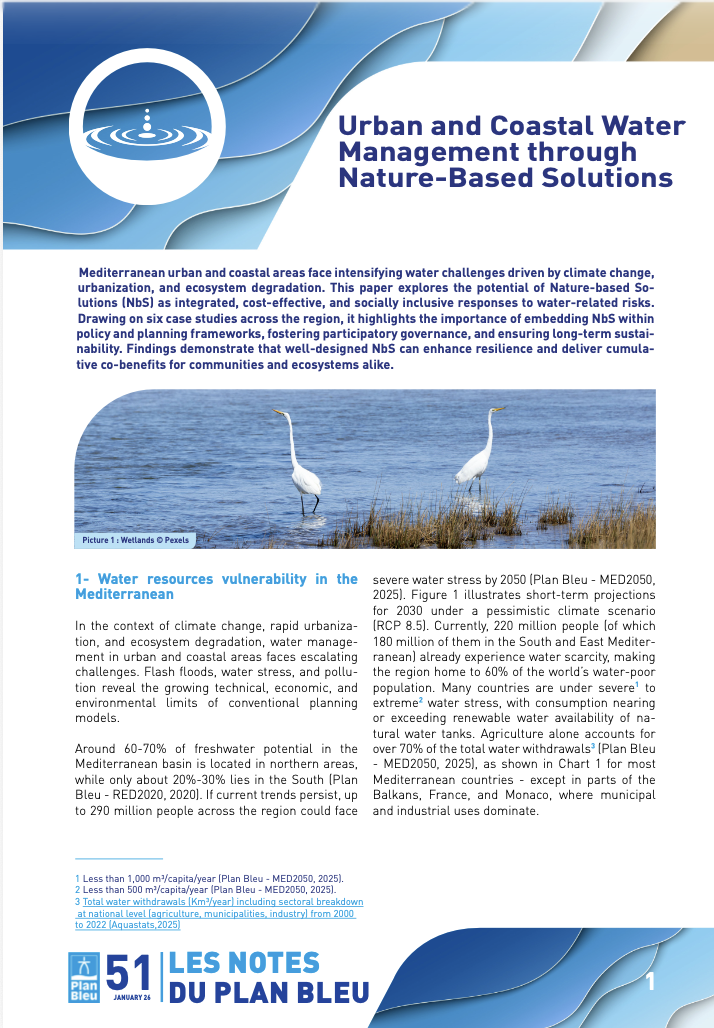
Urban and Coastal Water Management through Nature-Based Solutions
In response to growing water-related challenges in Mediterranean urban and coastal areas, this policy note examines the potential of Nature-Based Solutions (NbS) as integrated, sustainable, and inclusive approaches. Based on six regional case studies, it …
Read more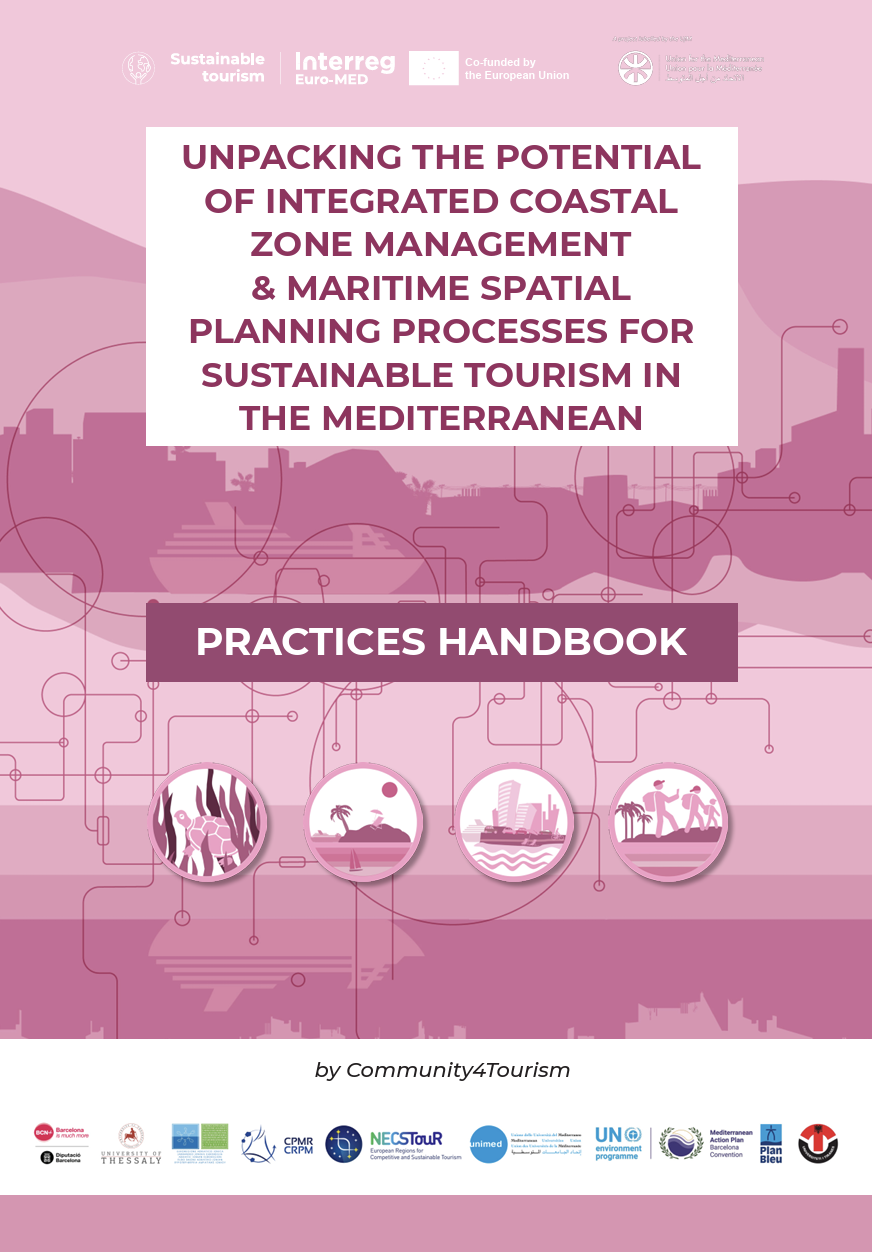
Unpacking the potential of Integrated Coastal Zone Management & Maritime Spatial Planning processes for sustainable tourism in the Mediterranean
This report explores the potential of the Integrated Coastal Zone Management (ICZM) and Maritime Spatial Planning (MSP) legislative frameworks to transform tourism in the Mediterranean. In a context marked by climate challenges and the pressure …
Read more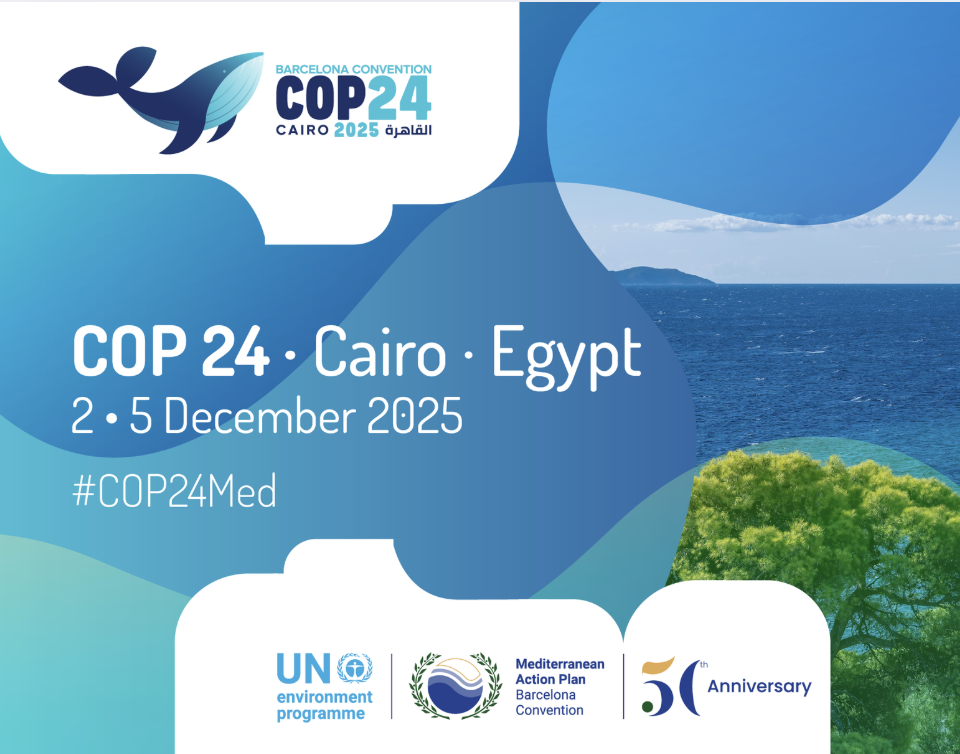
Plan Bleu at COP24: Commitments and Contributions for a Sustainable Mediterranean
The 24th Meeting of the Contracting Parties to the Barcelona Convention (COP24) was held from 2 to 5 December 2025 in Cairo, bringing together Mediterranean countries and key regional stakeholders committed to the protection of …
Read moreMediterranean Countries
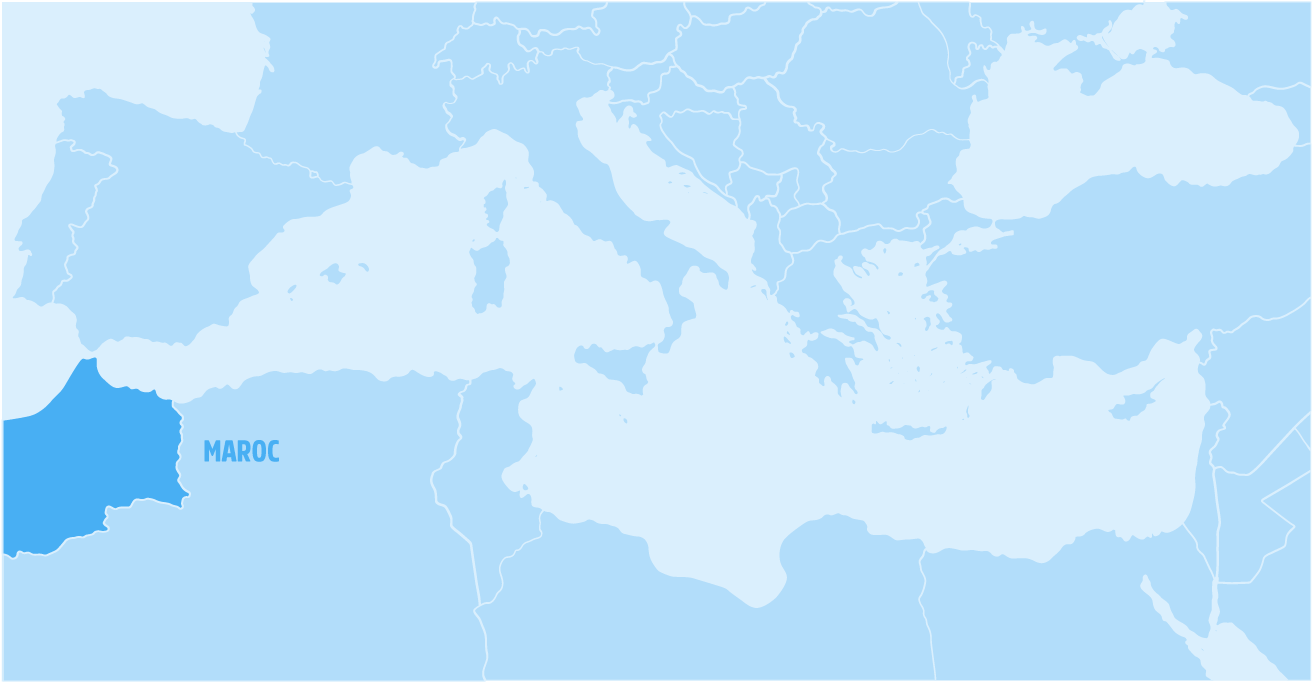
Albania
Algeria
Bosnia-Herzegovina
Croatia
Cyprus
Egypt
France
Greece
Israël
Italy
Lebanon
Libya
Malta
Monaco
Montenegro
Morocco
Slovenia
Spain
State of Palestine
Syria
Tunisia
Türkiye



-
Plan Bleu
Tour la Marseillaise
2 bis, Boulevard Euroméditerranée
Quai d'Arenc
13002 Marseille - France - [email protected]
- +33 (0)6 43 08 20 23
Le site Web utilise uniquement des cookies conformes au RGPD à des fins statistiques et pour améliorer la navigation. Pour en savoir plus, les utilisateurs sont invités à consulter la politique de confidentialité.
La consultation du site Web implique l'acceptation préalable des conditions générales d'utilisation, disponibles ICI.
J’accepte les conditions générales d’utilisation
